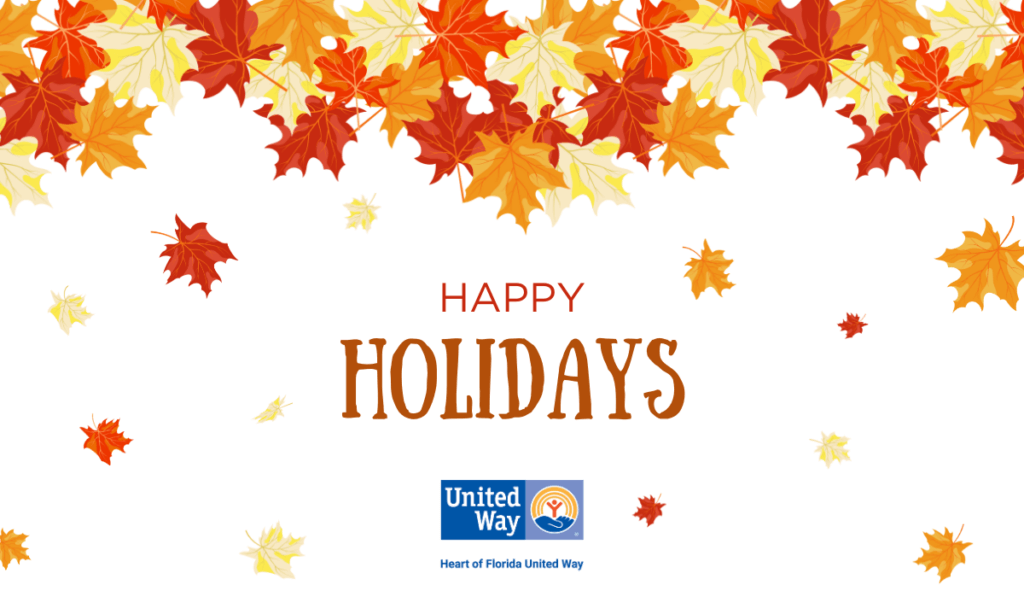October is a month rich in cultural significance. From the Jewish celebration of Rosh Hashanah to the Hindu festival of Diwali, this month offers an array of spiritual and cultural experiences. At Heart of Florida United Way, we believe in the power of unity and the richness that diversity brings. Let’s explore the meaning behind these festivities.
Rosh Hashanah: The Jewish New Year
Rosh Hashanah, the Jewish New Year, is a two-day celebration that typically falls in September or October. Its exact dates are determined by the Hebrew calendar and are aligned with the sun-up and sun-down cycle. This year, Rosh Hashanah will be observed from October 2nd to October 4th.
During Rosh Hashanah, Jewish people gather to reflect on the past year and make resolutions for the year ahead. The holiday is marked by prayer, feasting, and the blowing of the shofar, a ram’s horn.
Sharad Navratri: Nine Nights of Devotion
Sharad Navratri, a nine-night Hindu festival, is dedicated to the worship of the Divine Feminine in her various forms. Navratri literally translates into ‘nine nights’ in Sanskrit. The festival celebrates the victory of good over evil and the triumph of Goddess Durga over the demon Mahishasura. This year, Sharad Navratri will be observed from October 3rd to October 12th.
Each of the nine nights is dedicated to a different form of the Goddess, and devotees offer prayers, perform rituals, and observe fasts. The festival culminates on the tenth day, known as Vijayadashami, a day when fresh beginnings in life are possible.
Yom Kippur: The Day of Atonement
Yom Kippur, the holiest day of the Jewish year, is a day of fasting, repentance, and introspection. This year, Yom Kippur will be observed from October 11th to October 12th.
On Yom Kippur, Jewish people refrain from eating, drinking, and engaging in most forms of work. They spend the day in prayer and reflection, seeking forgiveness and renewing their covenant with God.
Diwali: The Festival of Lights
Diwali, the Hindu Festival of Lights, is a joyous and colorful celebration. It marks the triumph of light over darkness, of good over evil.
Though Diwali is traditionally associated with Hindu, Sikh, Jain, and Buddhist communities, it has, similar to Christmas, become a more universal celebration enjoyed by people of diverse faiths. This year, it will be observed from October 31st to November 1st.
These October holidays provide a window into the world’s diverse cultures. May they bring joy, peace, and spiritual renewal to all who celebrate.
Sources:
- Britannica, T. Editors of Encyclopedia. “Rosh Hashana.” Encyclopedia Britannica, September 30, 2024. https://www.britannica.com/topic/Rosh-Hashana.
- Britannica, T. Editors of Encyclopedia. “Navratri.” Encyclopedia Britannica, September 29, 2024. https://www.britannica.com/topic/Navratri.
- Britannica, T. Editors of Encyclopedia. “Yom Kippur.” Encyclopedia Britannica, September 30, 2024. https://www.britannica.com/topic/Yom-Kippur.
- Britannica, T. Editors of Encyclopedia. “Diwali.” Encyclopedia Britannica, September 13, 2024. https://www.britannica.com/topic/Diwali-Hindu-festival.









